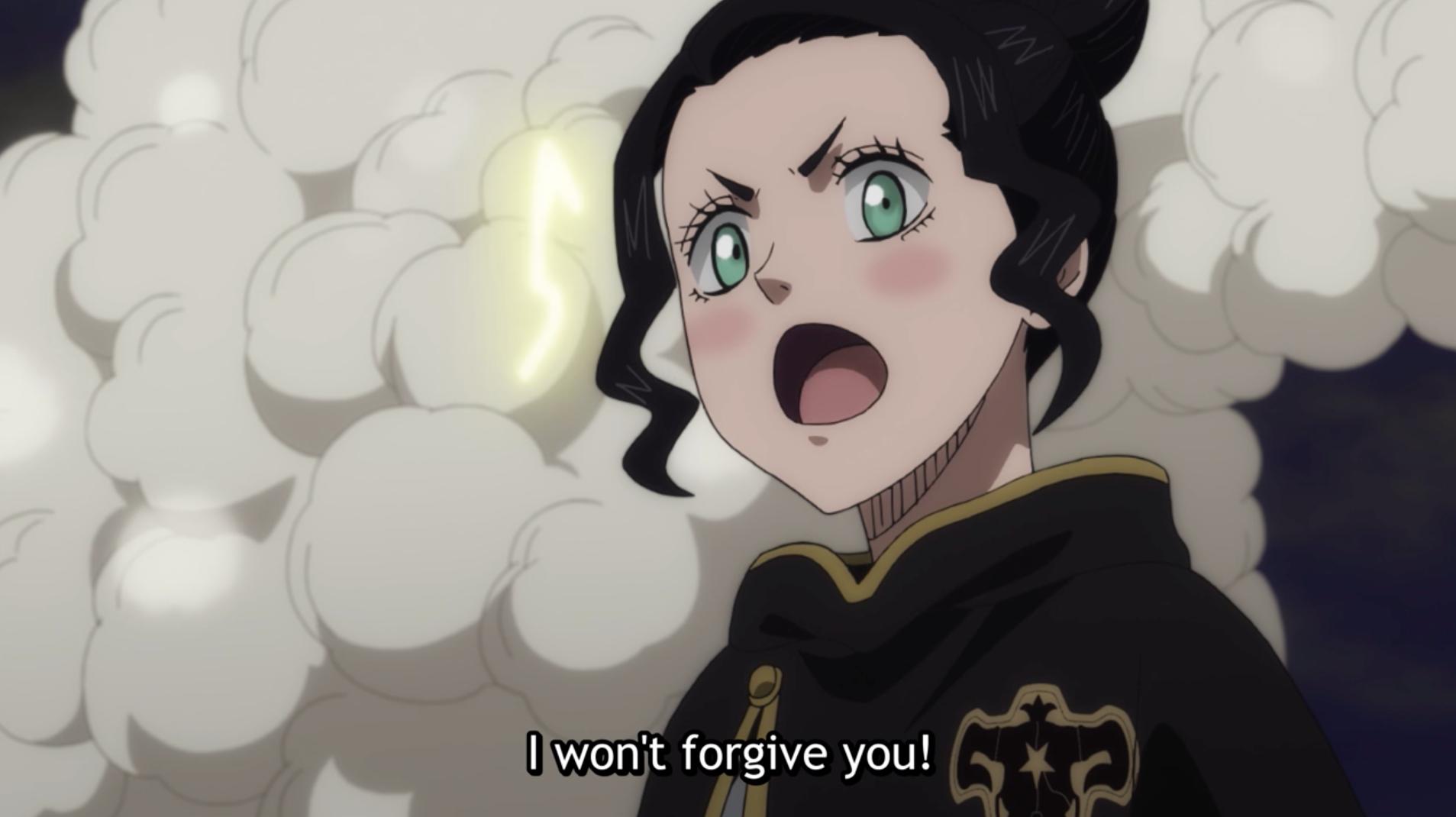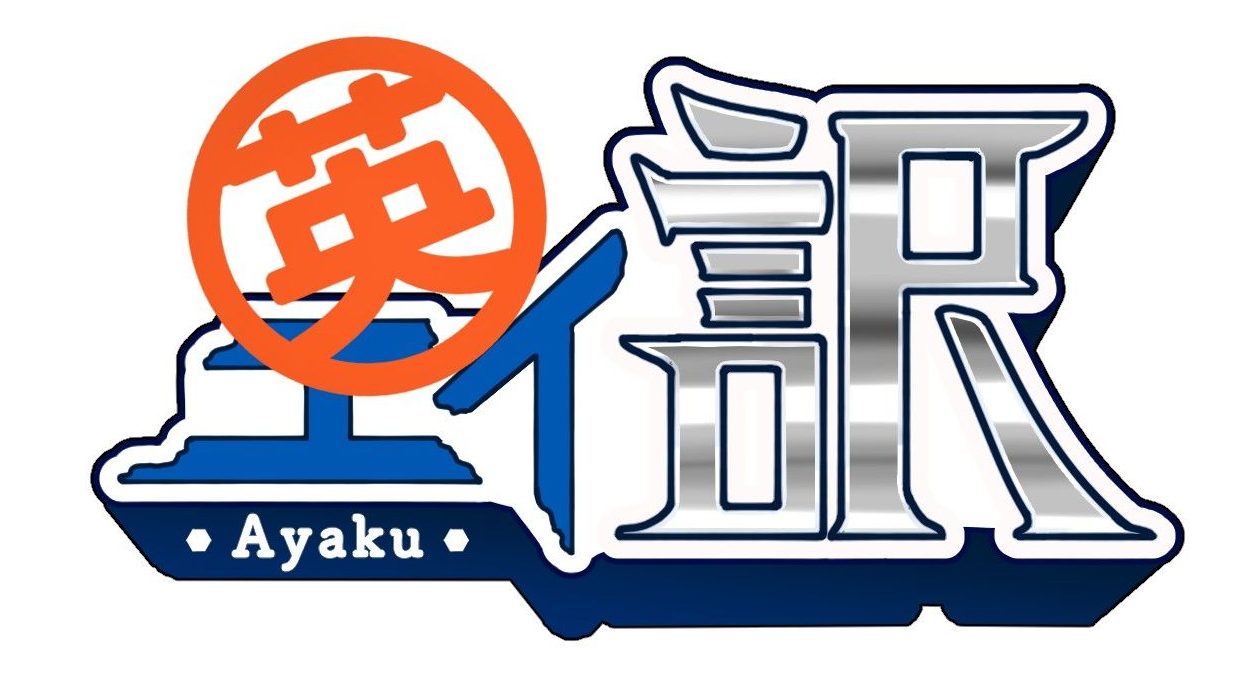
I’ve decided to start a series of posts that talk about the most stilted sounding translations and mistranslations in subtitles. Translating anime is hard and you can’t just take a plug and play approach when translating lines from Japanese to English. Otherwise dialogue will sound stilted and even misplaced. For the very first post, let’s talk about the phrase yurusanai, or “I won’t forgive you!”
Every time I read this line in subtitles, my insides scream and I’m glad I’m not the only one. Katrina Leonoudakis, a Professional Translator in the industry has a Twitter thread where she discussed the phrase (embedded Tweets shared with permission from Katrina Leonoudakis).
Okay. Okay. Let’s talk about translating 「許さない」.
Why do JA>EN translators get it so wrong all the time, and how can we avoid the same shortcomings, lest we, too, never be forgiven? pic.twitter.com/a20RJefk1k
— Katrina Leonoudakis 🐠🌊 Polysystem Theorist (@katrinaltrnsl8r) March 5, 2021
Why is this such a big pet peeve? It doesn’t come up that often right?
WRONG. The phrase 「許さない!」 is a common tropey phrase in Japanese fiction, in the same way that “Over my dead body!” is a tropey phrase in English fiction.
Here are some examples from popular series:
— Katrina Leonoudakis 🐠🌊 Polysystem Theorist (@katrinaltrnsl8r) March 5, 2021
Going off of what was mentioned in the second tweet, I’d say that the meaning of yurusanai covers many English tropey phrases said in old-timey fiction like “you’ll pay for this” or “you won’t get away!”
Dictionary Definition
I know you’ve seen this line in subtitles. I’m here to tell you that almost 90 % of the time yurusanai is translated like this — it’s wrong. The word is a negative present-tense inflection of the verb yurusu which has multiple meanings. See below:

Every time you see it translated as “I won’t forgive you,” you’re seeing definition #2 from the list when really, the line almost always utilizes the meaning from #1. This has been a problem since the early days of subbing. I believe that it’s because groups have been translating the line this way for decades now, that many translators in the present followed suit.
All dialogue should be translated depending on the context and “I won’t forgive you” almost never fits the script. In fact, it doesn’t even sound natural to the English language.
The word is a commonly used phrase outside of anime to alert people as to what is and isn’t allowed. In fact, I’m willing to bet that the following is almost always the intended usage.:
許す can mean 「allow」: to give someone permission
20歳まで飲酒は許されていない。
You’re not allowed to drink until you are 20.この危機の再発は許されない。
This must not be allowed to happen again.|部外者はめったに入場を許されない.
Outsiders are rarely allowed in.— Katrina Leonoudakis 🐠🌊 Polysystem Theorist (@katrinaltrnsl8r) March 5, 2021
Dragon Ball

Let’s look at an example from the penultimate episode of Dragon Ball Super.
Japanese Line: 仲間を傷つける奴は許さねえぞ nakama wo kizu tsukeru yatsu wa yurusanee zo
Crunchyroll Translation: “But, those who’d hurt my friends… I won’t forgive!”
In this scene, Jiren straight up tries to kill Goku’s friends on the sideline during their bout. The full-blooded Saiyan becomes enraged and tells the warrior from Universe 11 that “I’m no hero of justice or anything (insert dramatic pause) but, those who’d hurt my friends… I won’t forgive!”
The reason the translation doesn’t work here is because it doesn’t match Goku’s intent. He’s a fighter who has avenged the death of his friends and family many times. It’s not that he’s won’t forgive you, it’s that he’s going to punish you… with his fists.
Here are some ways this line could have been translated to:
- I’ll punish those who’d hurt my friends!
- No one gets away with hurting my friends!
- Anyone who hurts my friends… will pay!
Any one of the above examples could have worked in that line. Many anime characters say yurusanai and translating it as “I won’t forgive you” makes it sound like there are villains who’ve asked for them before. Which is almost never the case. It also kind of sounds silly when you think about it. “I won’t forgive you, even if you say sorry.”
The word “forgive” is used in native English, in many of the same ways you might see in these ‘bad’ translations!
The difference is that it’s used to express the native meaning of ‘forgive’, and not the Japanese meaning of 許す.
— Katrina Leonoudakis 🐠🌊 Polysystem Theorist (@katrinaltrnsl8r) March 5, 2021
I hope you’ll join me next time when I examine the stilted phrase dame da or “it’s no good.”

